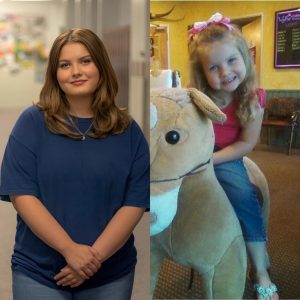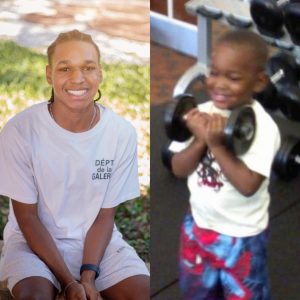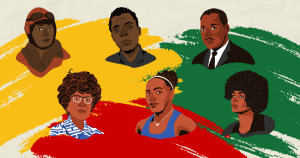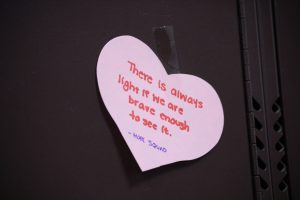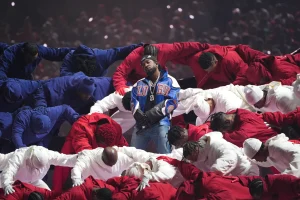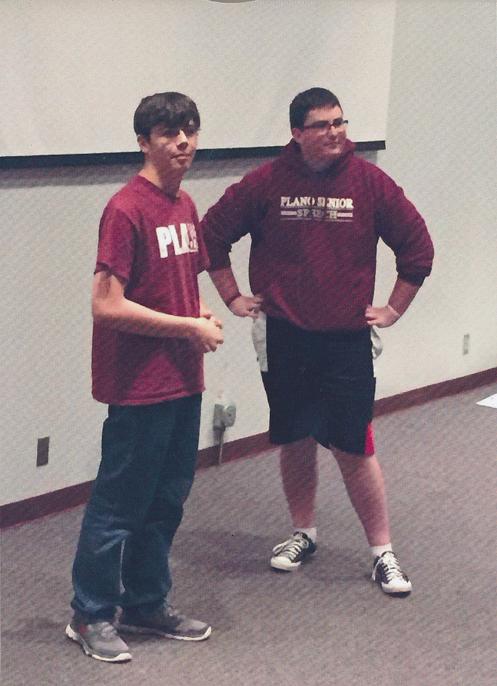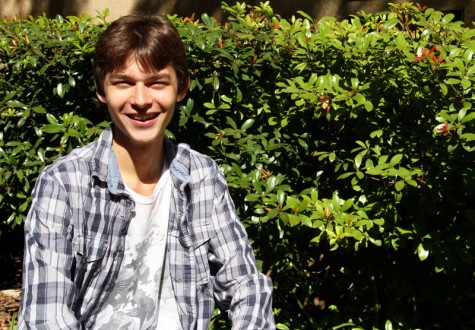WHAT: Speech team puts on Improv Show
February 2, 2016
Since the beginning of the year, the Speech and Debate department has been presenting Wildcat Humor and Talent (WHAT), a free monthly improvised comedy show held during lunches by the speech team.
The idea for WHAT was initially conceived when speech team members began to look for opportunities to increase student awareness and encourage new members to join the program. Since its inception, the show has been hosted by Improv Team co-presidents Ryan Chang and Colin Pittman.
“We had plans to start the show as early as last year,” Pittman said. “Sadly it never got off the ground, but this year we started immediately and worked hard to get the show where it is now.”
WHAT’s shows have continued to develop a following among students, often times filling the majority of seats in the lecture hall during a performance. Speech member and WHAT participant Katey Miller values the exposure the shows have provided for the speech team.
“I think we’ve gotten a pretty positive reaction,” Miller said. “Speech is a very under the radar program, so it’s really nice to see people coming to give their support for the team.”
Speech members meet to practice for WHAT every Tuesday and Thursday. While there are sometimes planned skits written during practices, the show is largely unscripted. Speech president Karine Garduño finds the inability to know what’s coming next as a challenge.
“It’s one of the most terrifying things in the world,” Garduño said. “It’s all about being in the moment and taking risks, and it definitely pushes you out of your comfort zone.”
Aside from just practicing performing, speech uses WHAT as a creative outlet for those on the team who are more interested in writing and film production. Preparation for the shows draws from a multitude of interests among its participants that add to the show’s variety.
“Writing is a huge part of speech that people don’t really know about,” Garduño said. “We can take those ideas and implement them into sketch comedy. It really connects the team on a deeper level than just tournaments.”
Shows are typically broken up to include games that test the participants’ abilities to quickly react to change. The recurring game ‘Ding’ has one of the hosts, dubbed the Dingmaster, observe two performers improvising a scene together and selectively force the participants to change their dialogue at the Dingmaster’s discretion.
“Ding is probably my favorite game,” Pittman said. “It’s especially fun, as the Dingmaster, to be able to push someone continuously until they say something insane or weird.”
The WHAT improv show will be returning from a temporary hiatus in February where they will put on their next performance. The participants are already practicing and preparing in anticipation for their return.
“It’s a lot more work than people think it is,” Miller said. “We spend a very long time developing our concepts, and it’s great to have people come out and let us show them a good time.”

